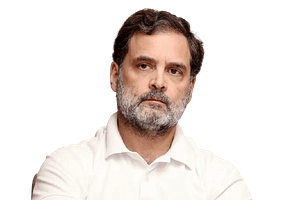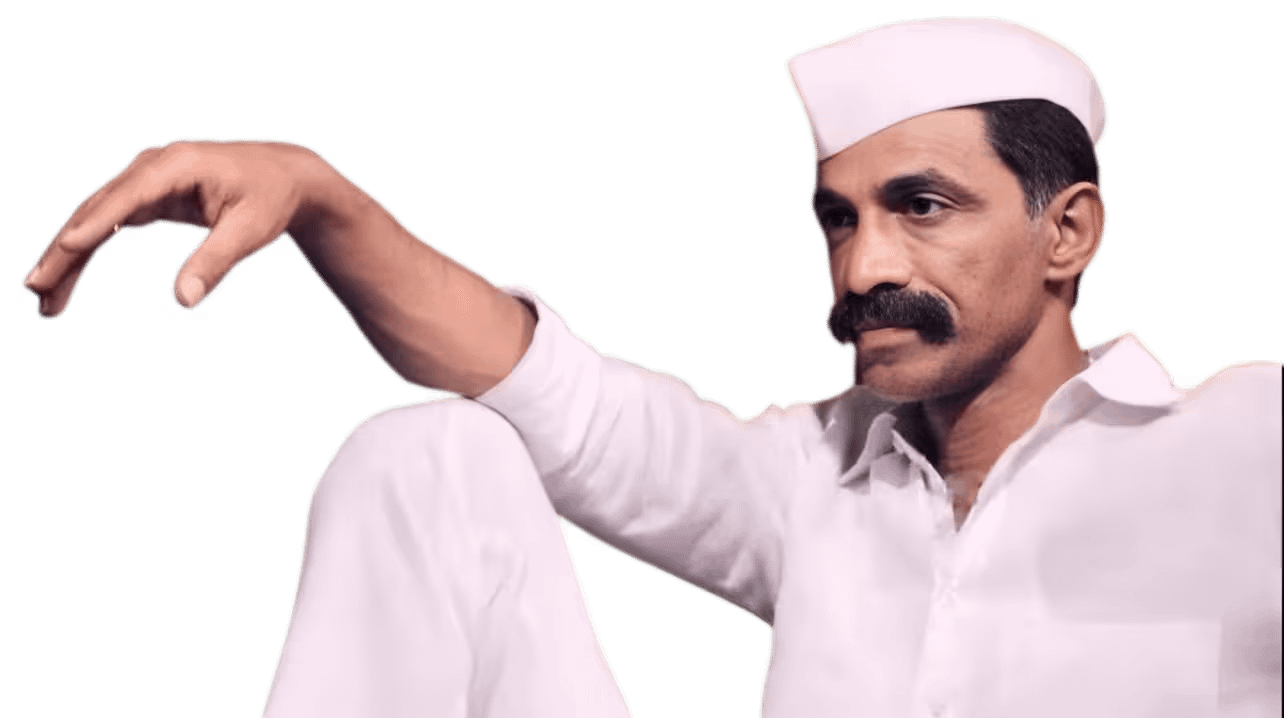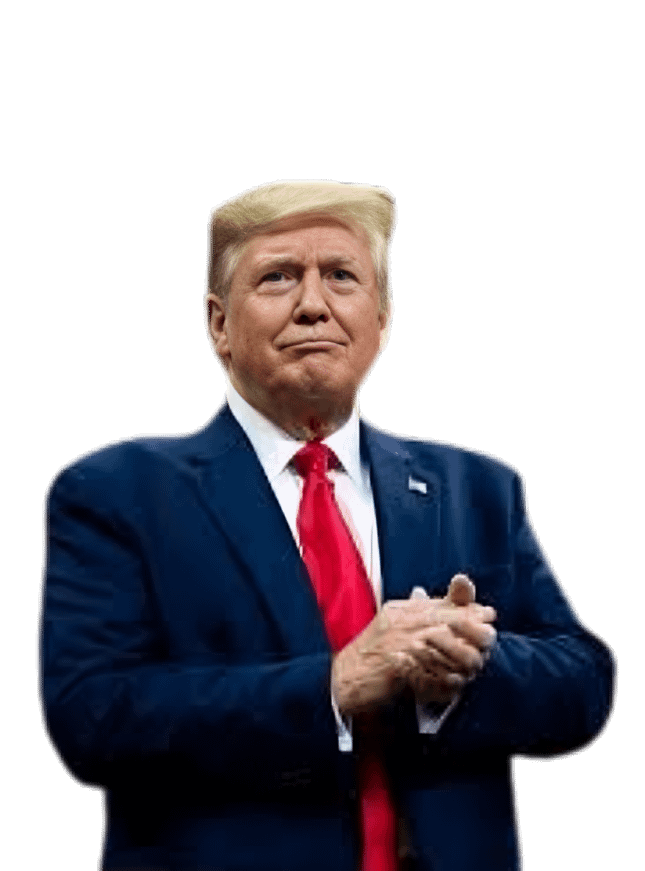Rahul Gandhi: A Member Of The Congress Party

Rahul Gandhi is one of the most prominent and polarizing figures in Indian politics. As a scion of the Nehru-Gandhi family, his lineage is deeply intertwined with India’s political history. Grandson of former Prime Minister Indira Gandhi and son of Rajiv Gandhi and Sonia Gandhi, Rahul has been a Member of Parliament (MP), the former President of the Indian National Congress (INC), and a leading voice of the opposition. Despite criticisms and electoral defeats, he remains a key figure in shaping the future of Indian politics.
Rahul Gandhi Early Life and Education
Birth and Family Background
Rahul Gandhi was born on June 19, 1970, in New Delhi, India. He is the eldest child of Rajiv Gandhi, India’s 6th Prime Minister, and Sonia Gandhi, an Italian-born Indian politician and the longest-serving President of the Indian National Congress. His paternal grandmother, Indira Gandhi, and great-grandfather, Jawaharlal Nehru, were both Prime Ministers of India.
His younger sister, Priyanka Gandhi Vadra, is also active in politics and plays a key role in the Congress party.
Schooling
Due to security concerns following the assassination of Indira Gandhi in 1984, Rahul Gandhi’s early education was kept private. He studied at St. Columba’s School in Delhi and later at The Doon School in Dehradun — an elite boarding school also attended by his father, Rajiv Gandhi.
Later, Rahul was homeschooled under strict security arrangements.
Higher Education
To protect his identity, Rahul used the pseudonym “Raul Vinci” during his academic years abroad.
- Harvard University – Rahul enrolled at Harvard in 1989, but after his father’s assassination in 1991, he moved to the United Kingdom.
- Rollins College, Florida (USA) – He completed his undergraduate degree here in 1994 under a pseudonym.
- University of Cambridge (UK) – He received an M.Phil. in Development Studies from Trinity College, Cambridge, in 1995.
His educational background in political science, economics, and development has often been cited as a strong academic foundation, although detractors have questioned his practical application of this education.
Professional Career Before Politics
Before joining politics, Rahul Gandhi briefly worked in the private sector:
- He worked at a management consulting firm called Monitor Group in London.
- After returning to India, he founded a technology consultancy firm, BackOps Services Private Ltd., in Mumbai. This company is reportedly dormant today.
Rahul stayed largely out of the public eye during this time, reflecting a phase of personal exploration before his political initiation.
Rahul Gandhi Political Career
Entry into Politics
Rahul Gandhi officially entered politics in 2004, contesting from Amethi, a traditional family stronghold in Uttar Pradesh once represented by his father and mother. He won the election with a huge margin, marking the beginning of his political journey.
Key Milestones and Positions
- 2004–2009: Elected as MP from Amethi. Appointed General Secretary of Indian Youth Congress (IYC) and NSUI in 2007. Focused on youth empowerment and internal party democracy.
- 2009–2014: Re-elected from Amethi. Played a crucial role in UPA-II’s campaign. Advocated the Right to Information (RTI) and Food Security Bill. Seen as a backroom strategist.
- 2013: Appointed Vice President of the Congress Party. Assumed greater responsibilities, especially in candidate selection and public speeches.
- 2014 Lok Sabha Elections: Congress suffered a historic defeat, winning only 44 seats. Rahul Gandhi’s leadership was widely blamed, though he continued to support rebuilding efforts.
- 2017–2019: Became President of Indian National Congress in December 2017. Under his leadership, the party performed strongly in state elections in Rajasthan, Madhya Pradesh, and Chhattisgarh.
- 2019 Lok Sabha Elections: Lost the Amethi seat to Smriti Irani but won from Wayanad, Kerala. Resigned as Congress President after the defeat.
- 2020s: Despite no official title, Rahul has remained the de facto face of the Congress. He has led major campaigns, including:
- Bharat Jodo Yatra (2022–2023): A mass outreach program covering over 4,000 km, aiming to unite India against hate politics.
- 2024 General Elections: Re-elected from Wayanad, active in building coalitions like INDIA Alliance.
Rahul Gandhi and the RSS
The Rashtriya Swayamsevak Sangh (RSS), the ideological parent of the BJP, has been a constant target of Rahul Gandhi’s criticism.
Key Accusations and Ideological Opposition
- Rahul has accused the RSS of promoting a divisive and majoritarian ideology.
- He has compared the RSS’s functioning to that of the Muslim Brotherhood, suggesting its long-term goal is to reshape India into a Hindu Rashtra.
- He often quotes Mahatma Gandhi’s assassin Nathuram Godse’s RSS links, bringing up historical grievances.
Legal Tussles
In 2014, the RSS filed a defamation suit against Rahul for saying they were responsible for Mahatma Gandhi’s assassination. Rahul refused to apologize, insisting his comments were historical facts. The case remains pending in court.
Rahul’s Bharat Jodo Yatra was a direct ideological challenge to the RSS-BJP narrative, focusing on pluralism, secularism, and economic justice.
Rahul Gandhi Political Ideology and Vision
Rahul Gandhi champions a vision of inclusive growth, secularism, social justice, and democratic institutions. His ideological leanings are rooted in liberalism, welfare economics, and grassroots empowerment.
Key issues he supports:
- Youth empowerment
- Women’s safety and rights
- Education and employment
- Farmer welfare
- Freedom of press and judicial independence
Though often criticized for lacking political aggression, he has also been praised for consistently speaking against majoritarianism and authoritarianism.
Controversies and Criticism
Rahul Gandhi has been subjected to significant media scrutiny, trolling, and criticism.
- Nickname “Pappu”: This derogatory tag, often circulated by trolls, has unfortunately gained traction. However, his resilience and ideological clarity have helped reshape his image.
- Public Speaking: Early in his career, Rahul was mocked for his speeches. Over time, he has improved his oratory and taken a more confrontational approach.
- Legal Issues: In 2023, he faced disqualification from the Lok Sabha over a defamation case (later stayed by the Supreme Court).
Despite these, he remains a significant voice in Indian politics.
Social Media Handles
Rahul Gandhi maintains a strong online presence, especially among the youth.
- Twitter: @RahulGandhi — Over 23 million followers
- Instagram: @rahulgandhi — Over 8 million followers
- Facebook: facebook.com/rahulgandhi — Over 4 million followers
- YouTube: @RahulGandhi — Videos from Bharat Jodo Yatra, speeches, and public outreach campaigns
He frequently posts videos, infographics, and political commentaries, emphasizing direct communication with the public.
Rahul Gandhi Net Worth and Assets
As per the 2024 election affidavit:
- Total Net Worth: Approx. ₹15.88 crore (≈ $1.9 million USD)
- Movable Assets: ₹9.86 crore, including:
- Cash: ₹55,000
- Bank deposits: ₹26 lakh
- Mutual funds and shares: ₹5 crore+
- Immovable Assets: ₹6 crore+
- Agricultural land in Mehrauli (shared)
- Office property in Gurugram
Rahul Gandhi does not own a car, as per public filings.
Income Sources
- Salary as Member of Parliament
- Dividends from investments
- Agriculture income from family land
He does not own any significant businesses and his holdings are mostly passive investments.
Business Involvement
Rahul Gandhi was once a director of BackOps Services Private Ltd., a management consultancy. However, the company has been dormant for years.
Unlike many politicians, he has not diversified into active business ventures and does not hold directorships in any corporate entity currently.
His family trusts — especially those associated with the Nehru-Gandhi legacy — manage various charitable and educational institutions such as:
- Rajiv Gandhi Foundation
- Jawahar Bhawan Trust
- Indira Gandhi Memorial Trust
These have been under scrutiny, especially under recent government investigations regarding foreign contributions and regulatory compliance.
Personal Life
Rahul Gandhi remains unmarried. He has stated in interviews that marriage would compromise the safety and privacy of his partner, given the violent history of his family.
He is known for being introverted, thoughtful, and fitness-conscious. He enjoys reading, meditation, and travel, especially to the Himalayas.
Languages known:
- English
- Hindi
- Italian (partially)
Public Image and Legacy
Over the years, Rahul Gandhi has transitioned from a reluctant prince of Indian politics to a committed and increasingly assertive leader.
- His Bharat Jodo Yatra significantly improved his public image, presenting him as a grassroots leader.
- He has repositioned the Congress as a defender of constitutional values amid rising nationalism.
- Though electoral success has been limited, Rahul has gained respect for his ideological consistency and personal integrity.
Conclusion
Rahul Gandhi’s journey is emblematic of the struggles of legacy in a democracy. Born into political royalty, he could have chosen an easier path, but instead embraced politics with all its challenges. Through setbacks, electoral losses, and personal criticisms, he has continued to fight for his vision of India — one of equality, unity, and democratic strength.
While opinions about him remain divided, his relevance in Indian politics is unquestionable. Whether as the face of a revitalized Congress or as an enduring ideological voice, Rahul Gandhi’s legacy is still being written — and it promises to remain impactful.


